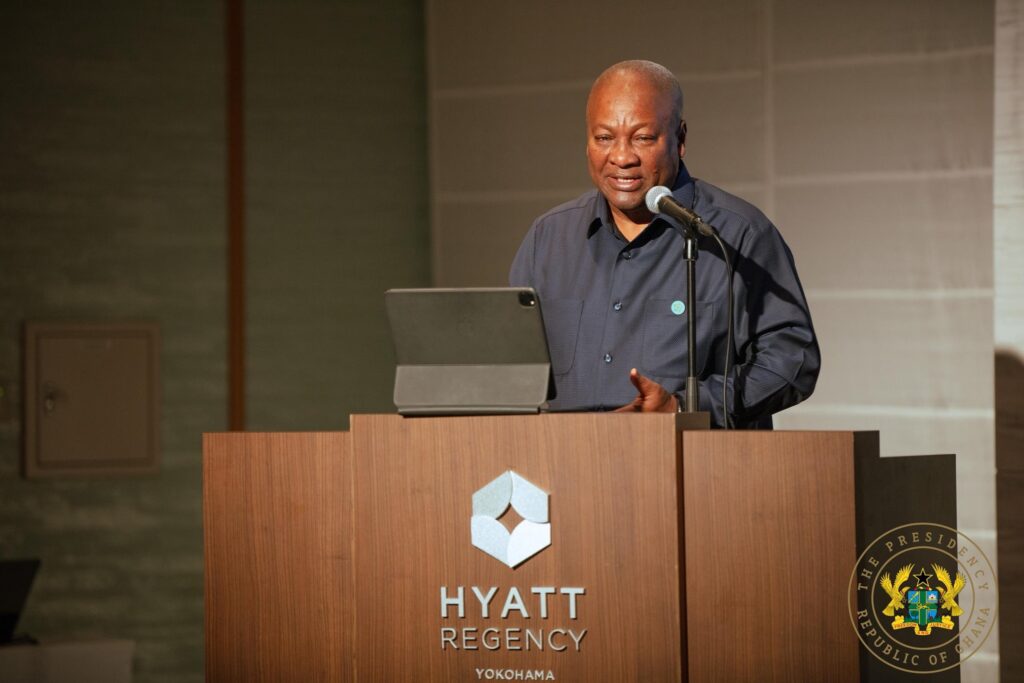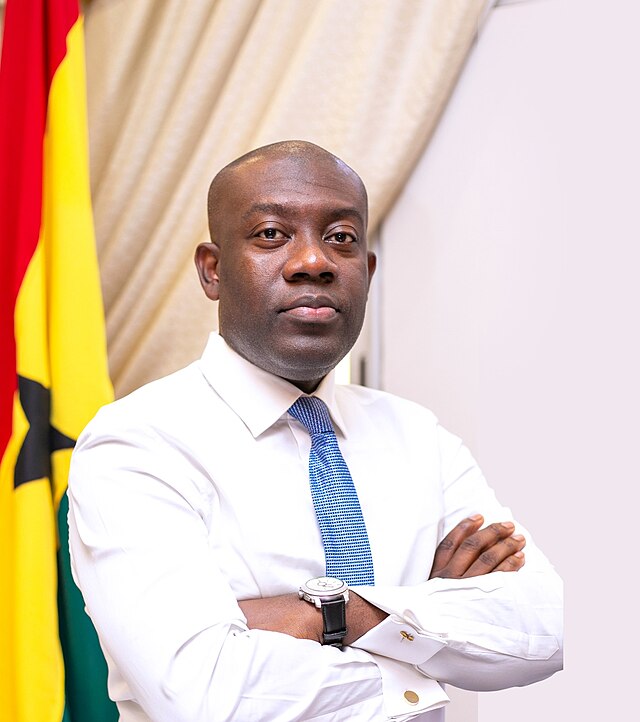In a historic shift with deep cultural and political significance, the Republic of Niger has officially dropped French as its official language and adopted Hausa in its place. The announcement was made by the country’s transitional government, marking a decisive break from its colonial past and a bold step toward linguistic independence.
French has served as Niger’s official language since the country gained independence from France in 1960. However, growing anti-French sentiment, coupled with rising nationalism and calls for greater cultural pride, have fueled demands to prioritize indigenous languages.

At a nationally televised address, Prime Minister Ali Mahaman Lamine Zeine described the move as “a restoration of identity and dignity.”
“Hausa is spoken and understood by the majority of Nigeriens. It is the language of our markets, our homes, and our traditions. It is time our official communication reflects the true soul of our people,” he declared.
Hausa is one of the most widely spoken African languages, not only in Niger but across large parts of West Africa, including Nigeria, Ghana, and parts of Cameroon and Chad. While it has long served as a lingua franca in Niger, this is the first time it will take center stage in governance, education, and official documentation.
The government said the transition will be gradual. French will continue to be taught in schools as a secondary language, while official documents, signage, and public service announcements will be updated over time to reflect the change.
The move is part of a broader regional trend, with several Francophone countries re-evaluating their post-colonial ties to France. Military-led governments in Mali and Burkina Faso have also taken steps to reduce the use of French in official matters.
Reactions across Niger have been mixed. Many citizens celebrated the decision as a long-overdue embrace of Indigenous identity, while others expressed concern about the short-term implications for diplomacy, education, and international relations.
“I’m proud to see our language elevated,” said Mariama Gambo, a university student in Zinder. “But we also need to ensure our youth remain globally competitive, and that means keeping French or even adding English.”
France has not yet issued an official response, but observers say the move further underscores the waning influence of Paris in its former African colonies.






No comment yet, add your voice below!